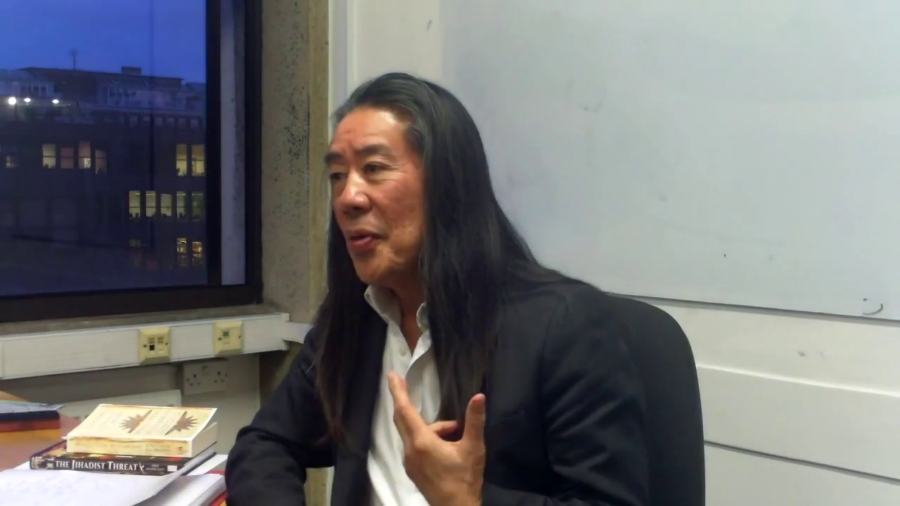We’ve talked about just war, and we’ve used just war theory as a template for discussing just rebellion. And we’ve talked about the justice that enables a rebellion to take place. And we’ve also talked about what is just conduct within that rebellion, in both cases borrowing from just war theory. What happens, however, if rebellion uses war as one of its instruments to achieve its aims?
Archive (Page 1 of 2)
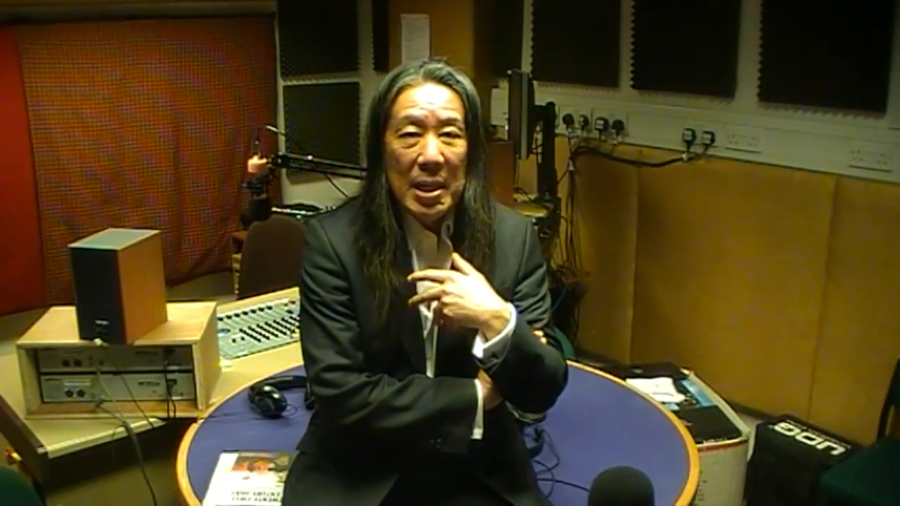
As we enter May 2017, the city of Mosul, held stubbornly by ISIS forces, has still not fallen. What has become a siege of the city is now a fight almost on a street-by-street basis for the old city.
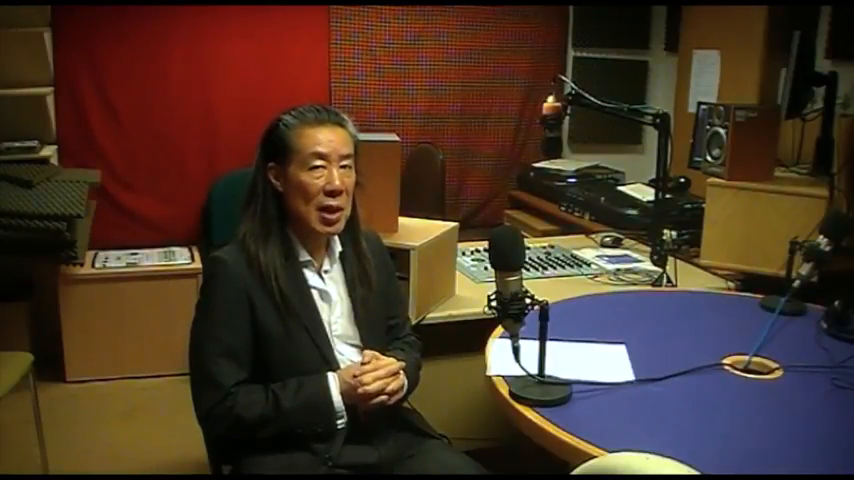
As we speak today, the Chinese authorities are cracking up a very very large-scale and what promises to be an incessant security drive in Xinjian Province in northwest China against what the Chinese government calls Islamic extremists. What in fact the Chinese government means is it’s launching a drive against dissent from the Uighur people who’ve lived there for centuries.
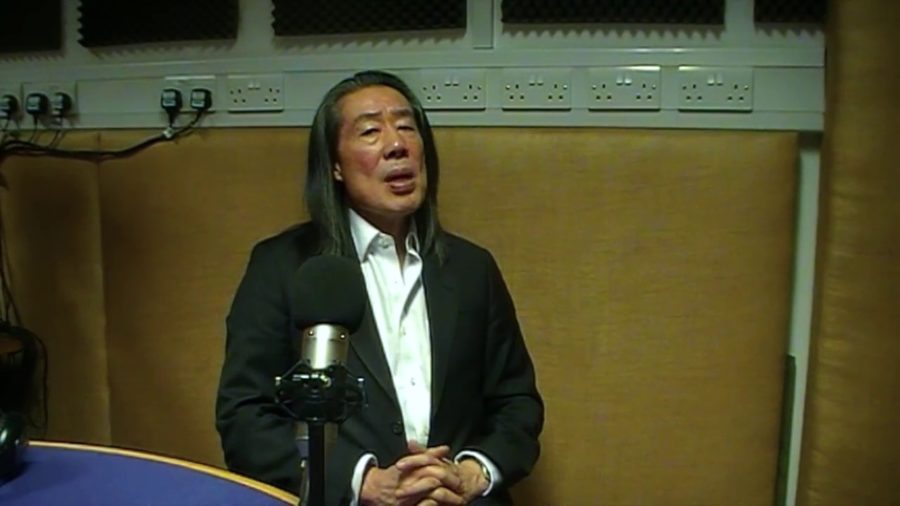
A number of Islamic states had revolutions that turned them in a particular post-war direction. And in this post-war direction the emphasis was on two key things. The first was modern development. In this sense it meant catching up with the metropolitan Western world. And the second driving force behind all of this was the assumption that this would be best done by instituting secular states.
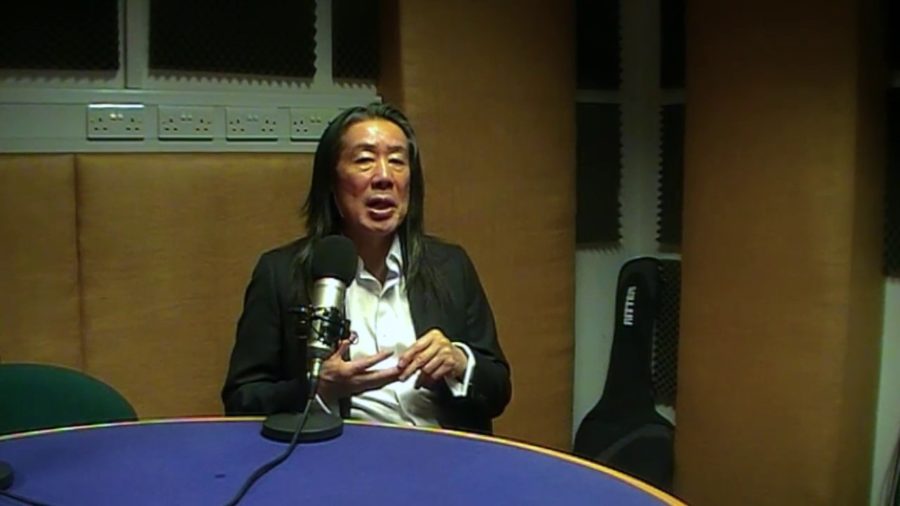
Is the much-vaunted issue of religion only one of many factors in play in these seemingly unstoppable and seemingly atrocious and unending conflicts in different parts of Africa?
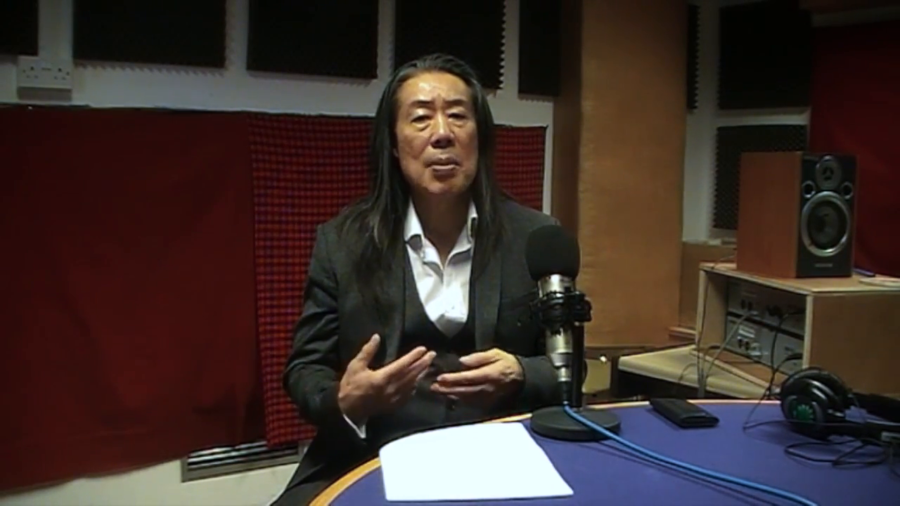
In the heyday of Islamic thought, of Islamic philosophy, of disquisitions about the meaning of Islam and its place in the world of knowledge, in the 13th century, the thought of great Islamic thinkers also was that God and his text constituted a first principle. All else was contingent upon this first principle. Second, third, principles, etc. were contingent.
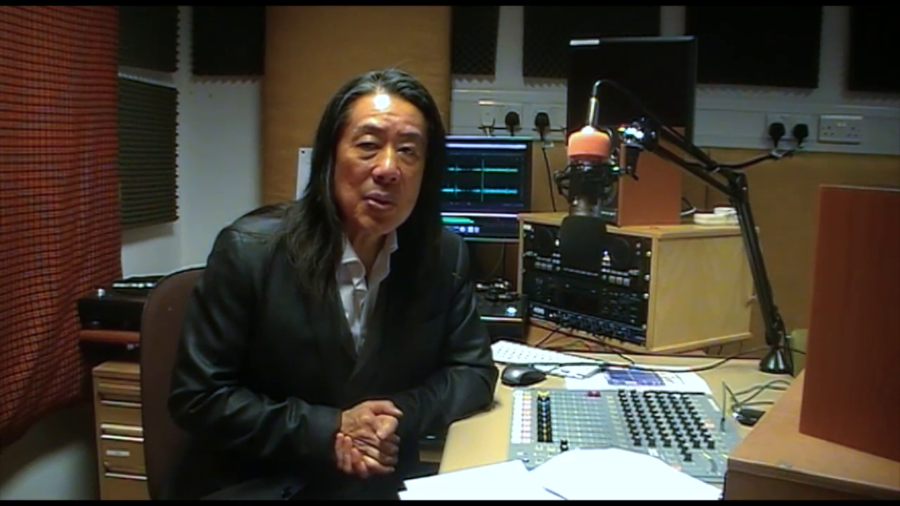
Our tale begins in Afghanistan with the Soviet invasion in 1979. This came out of a blue sky, military speak for there were no clouds, there were no warnings. But suddenly the Soviets invaded the country in support of a Soviet-inclined government. But a government which aroused huge resentments and resistance on the part of many many people in Afghanistan.
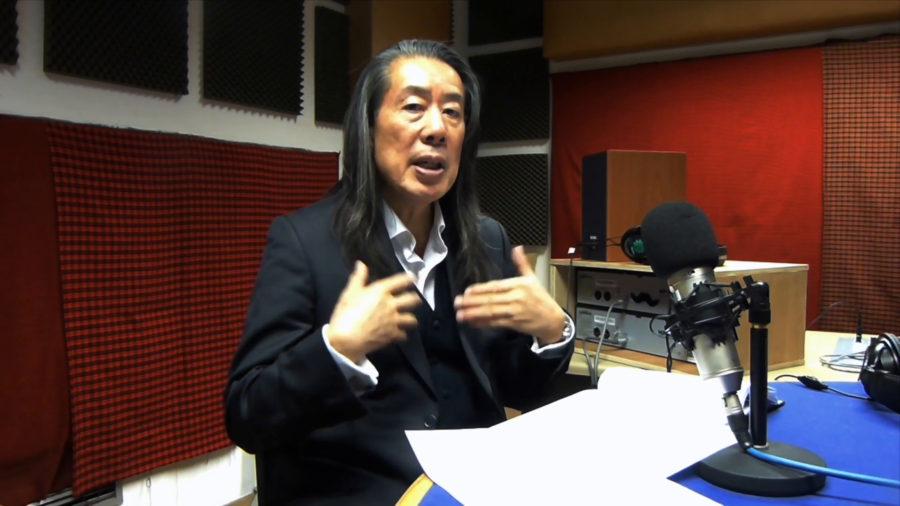
If the 1979 Iranian revolution was a turning point in late 20th century history, what followed set the scene for a series of betrayals and revivals of the sort that the Western world could not have envisaged.
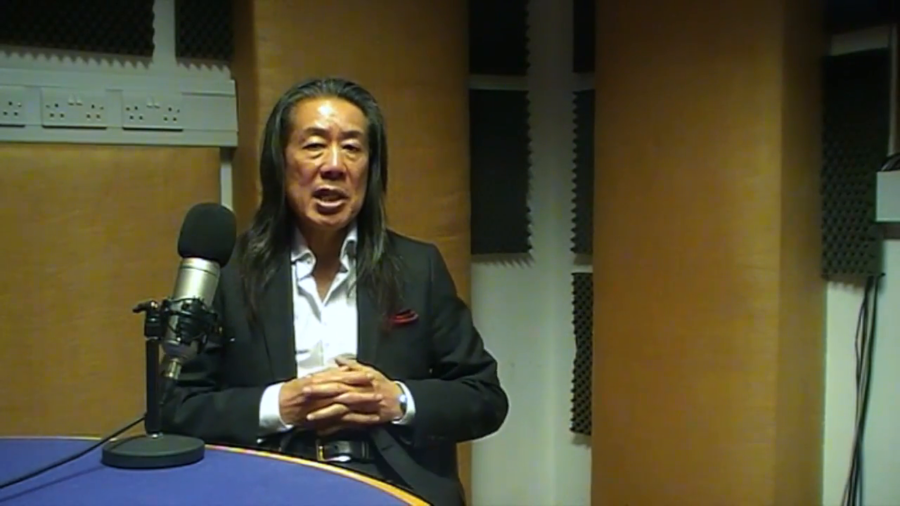
To secularize the state is not simply a magical operation that happens at the wave of a hand. You’ve got to desacralize the state.
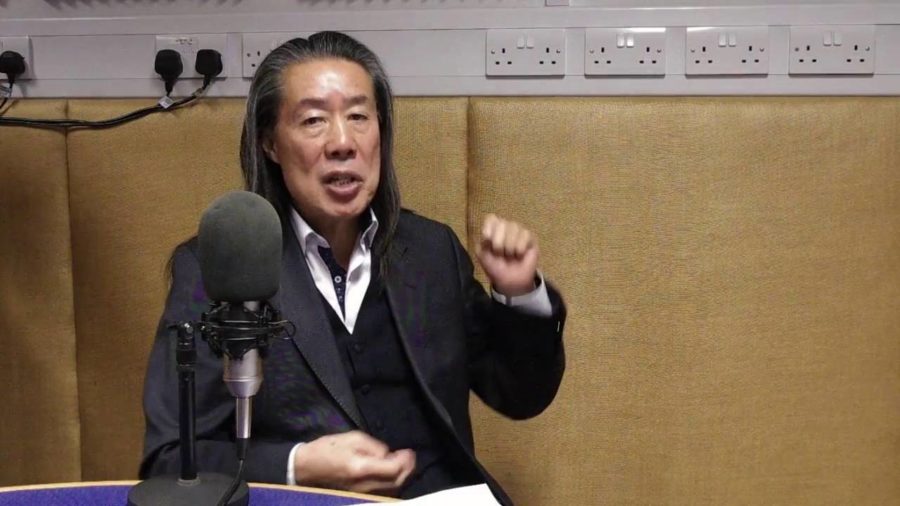
We’re looking at religion as an organized and above all institutionalized system of beliefs. The organization particularly of textual or other recorded teachings that form the basic faith framework of the religion, and the institutionalization which polices those teachings, polices the extent, the limits, and above all the interpretation of what those texts might mean.

